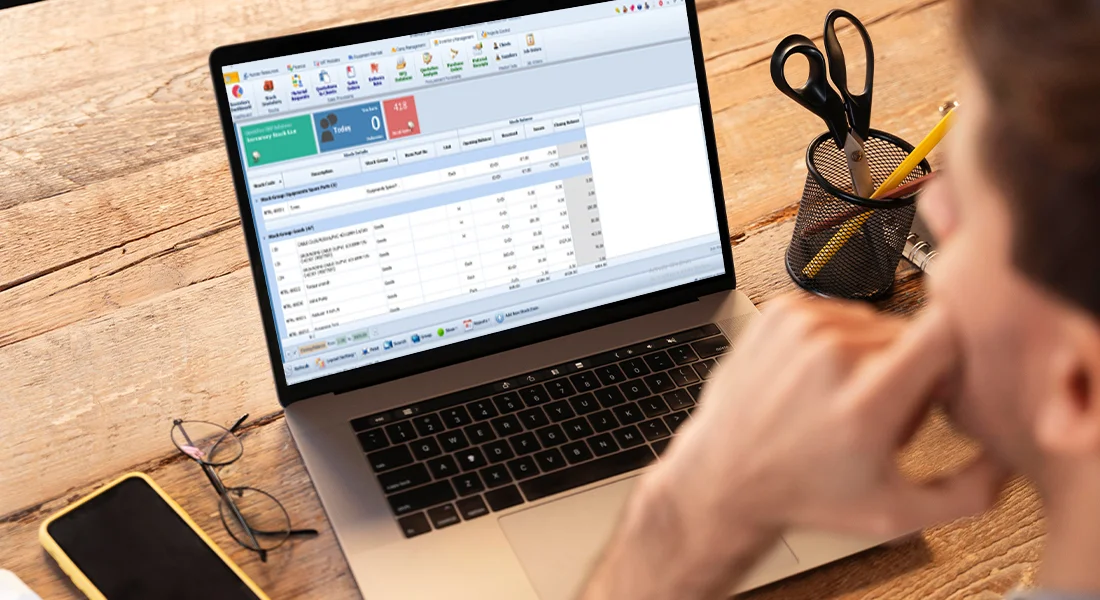

An effective Accounting Information Systems (AIS) is vital in handling and arranging financial transactions of a company with accuracy. Through the incorporation of technology into the day-to-day activities of accounting, companies are able to retain the correct data, reduce mistakes, and create quality financial information. It may be the Penalty reports, or the expenditures tracking, or compliance, anyhow, an AIS assists the manager and the accountant to make good judgments that improve the overall financial management and boost the business.
Modern Accounting Information Systems are quickly replacing traditional bookkeeping in companies to ensure that companies have control over their finances. These systems are not only making the workflow easier, but also making it more efficient when it comes to entering the data, by connecting different departments. To select the appropriate solution, it is necessary to understand the Functions of Accounting Information System and the Accounting Information System types.. Advanced applications such as Quickdice ERP, among the best accounting software in Saudi Arabia, can assist businesses improve accuracy, save time and productivity.
Accounting Information System (AIS) is an orderly way in which companies amass, archive, compute and share monetary information. This system assists managers, stakeholders, and accountants to make better business decisions using correct and current data.
AI replaces manual book keeping with centralization, automated financial transactions, accuracy, and quick access to necessary reports. This is essential in businesses that want to streamline the management of their finances and reduce the number of errors they make during accounting.
The Functions of Accounting Information System is an important concept to understand in order to make the best of its benefits. These are the main functions:
1. Data Collection and Organization – Collects data on all sales, purchases, payrolls, and expense transactions and arranges them in ledgers and journals.
2. Report Generation – Prepares financial reports such as balance sheets, income statements and cash flows reports to make improved decisions.
3. Accuracy and Security– Secures financial data by applying user-role-based access control and encryption.
4. Cross-Departmental Integration – Enabling Sharing of financial information between departments without duplication and manual work.
Businesses utilize three major Types of Accounting Information System namely:
The benefits of using an AIS in your business are as follows. The following are some of the important Benefits of Accounting Information Systems:
Quickdice is one of the best accounting software in Saudi Arabia when it comes to selecting a proper AIS solution. This company can simplify accounting and compliance and automate reporting as it has strong features and benefits with Quickdice.
Those companies that utilize Quickdice ERP benefit by:
Be it a small startup company or a major corporation, Quickdice can turn your financial workflows into an engine.
The modern business world demands a stable Accounting Information System as a mandatory requirement of the stable development, rather than an option anymore. By automating financial transactions and consolidating your accounting operations, you can be sure that the data is accurate, secure and easily accessible. This directly affects improved money management, allowing business leaders to predict trends, to manage budgets and to anticipate future risks.
When companies are interested in taking a holistic approach to their finances, selecting a platform such as Quickdice ERP can help the business change the way they go about their finances. Quickdice is regarded as one of the best accounting software in Saudi Arabia, enabling organizations to streamline reporting, make better decisions, and have full visibility of their operations. Modern Accounting Information Systems help companies to save time, minimize errors, and concentrate on long-term growth and profitability.
Comments are closed